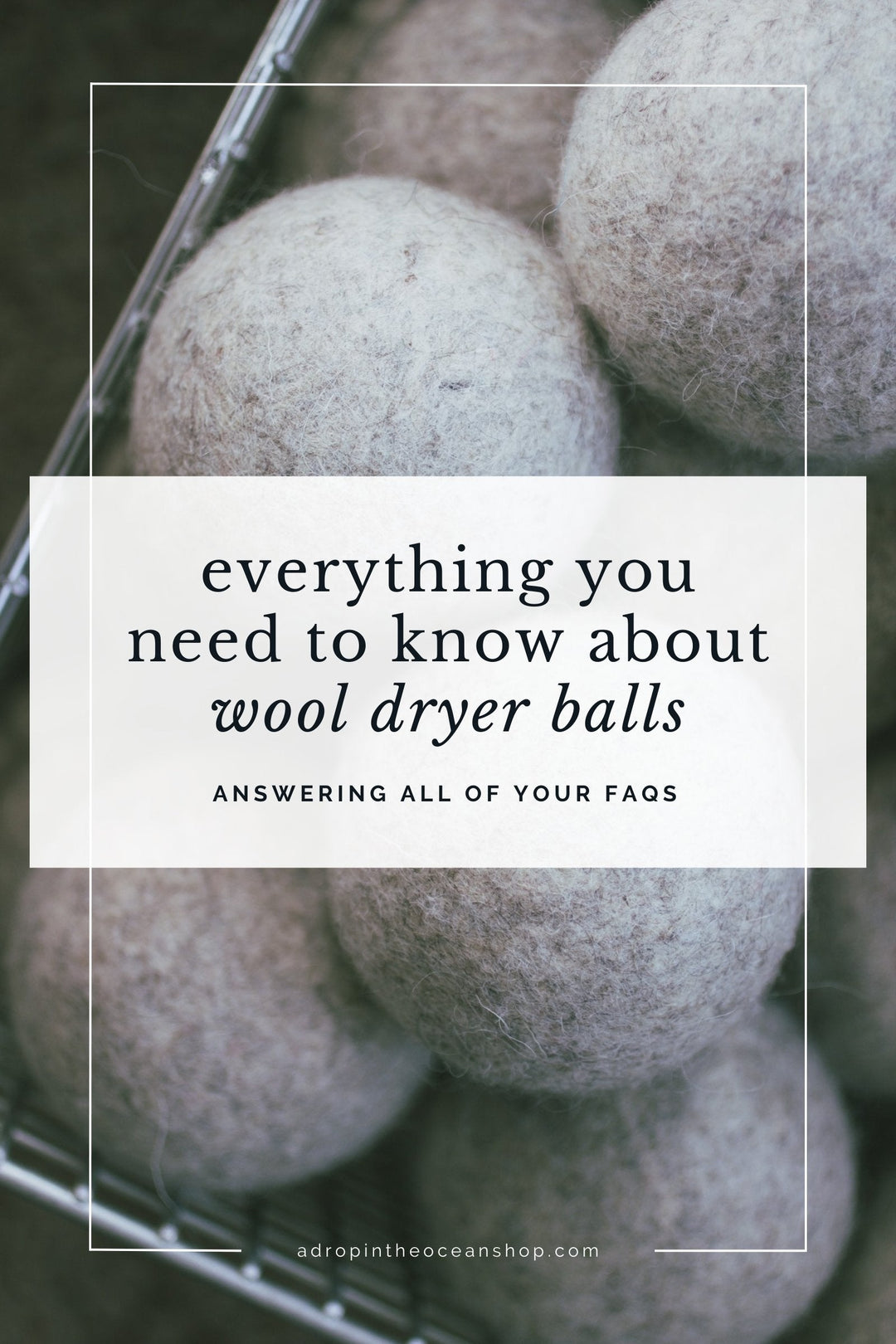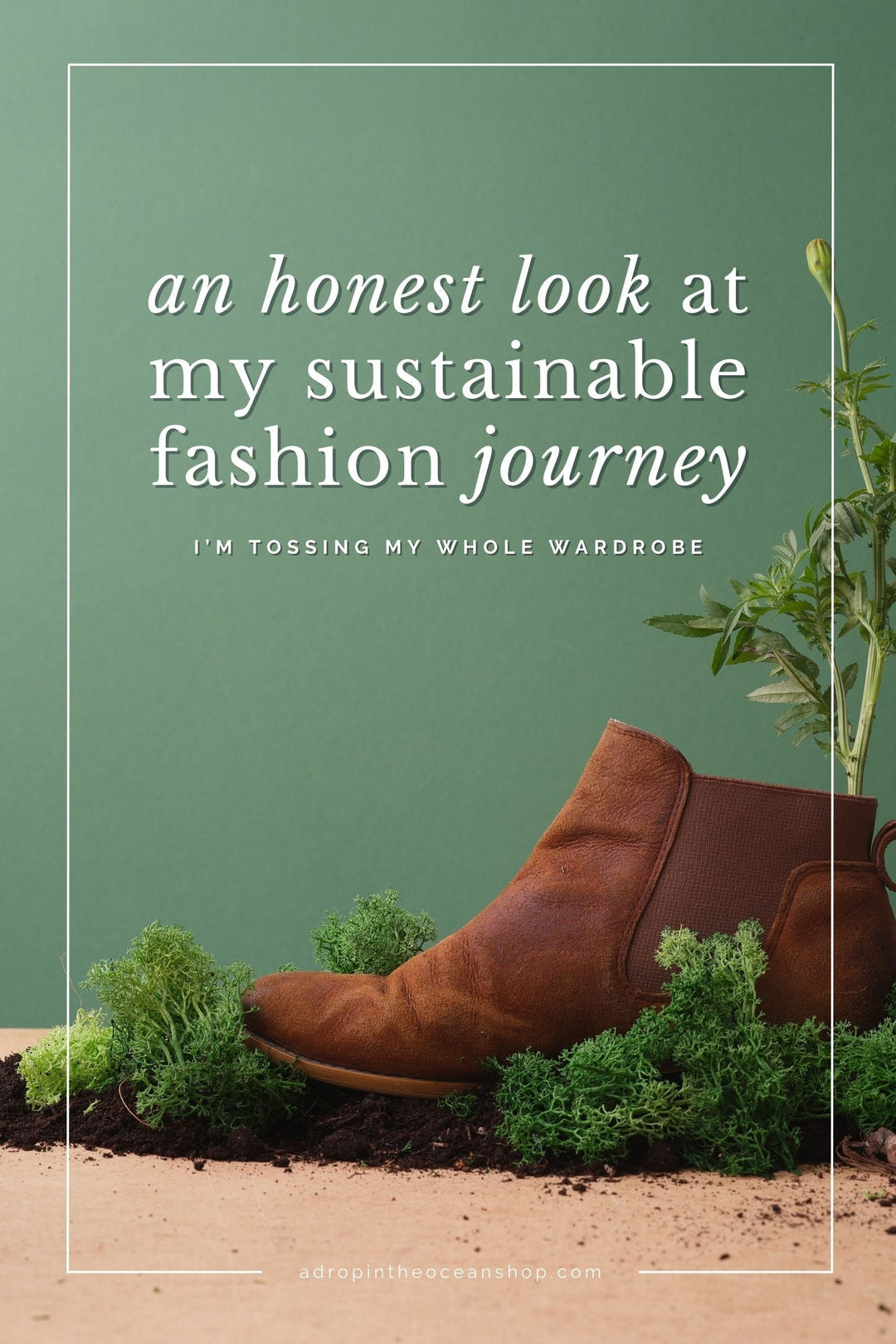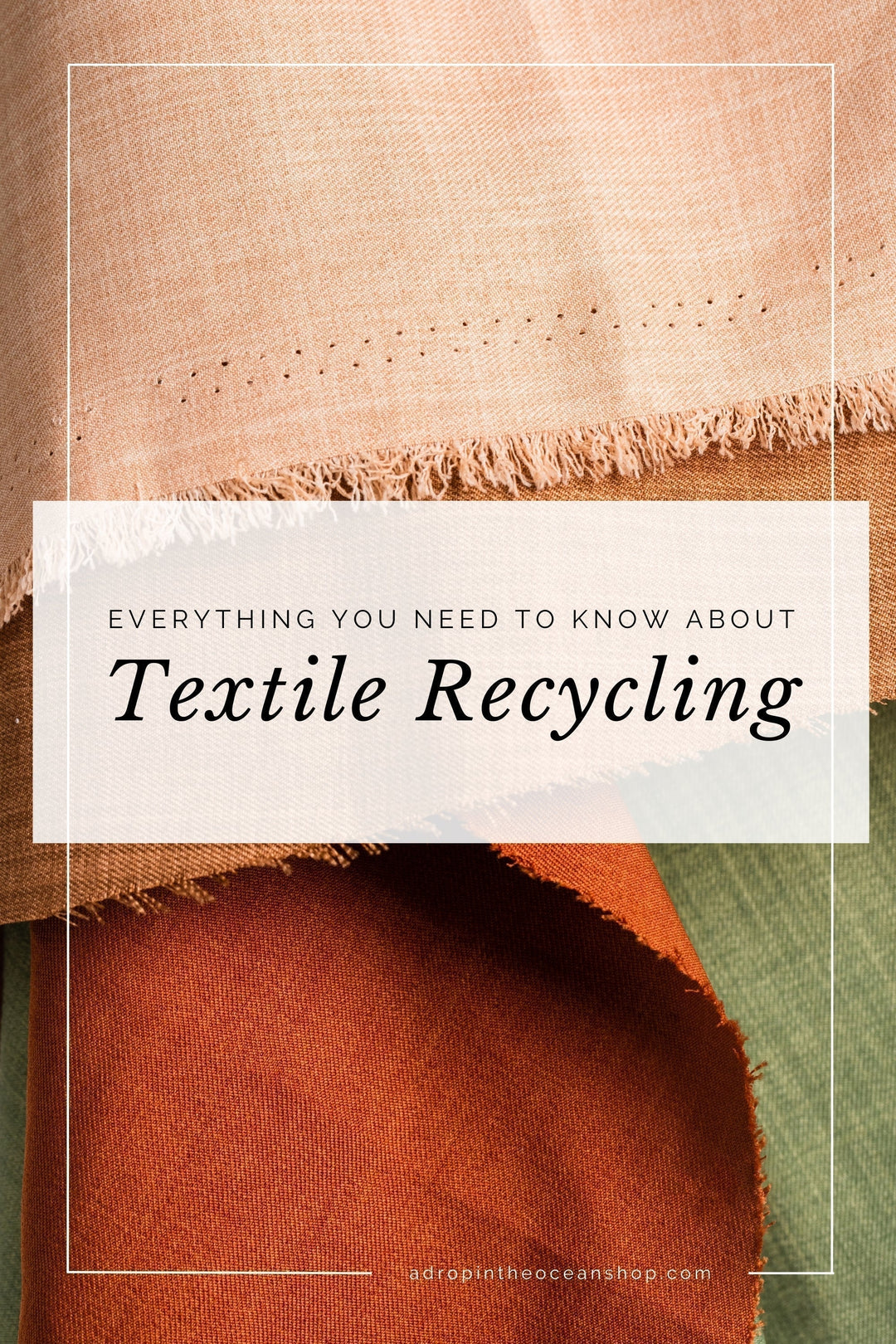6 Questions to Ask Yourself Before Making a Purchase This Black Friday

This post first appeared in our weekly Make Waves Mondays email series on November 21, 2022.
Hey there, friend, and happy Thanksgiving! I hope that you’re able to take some time away from the daily grind, spend time with loved ones, and root into gratitude this week.
This week, I’m looking forward to revisiting the book Braiding Sweetgrass by Robin Wall Kimmerer. I’m excited to listen to the audiobook, too! It’s narrated by Kimmerer herself. If you’re a member of your local library, download the Hoopla app and give it a listen with me.
So, we all know that along with Thanksgiving comes the inevitable bustle of Black Friday.
Such a strange time where we’re supposed to be dedicating a full day to the things we’re grateful for in our lives, and then immediately follow it up with corporate messages that we need to buy more stuff in order to be happy.
It’s not the best.
And I say this as a small business owner that’s having a Black Friday sale.
It’s a weird place to be.
Black Friday as it’s been done in the past is 🎶 the woooooorst 🎶

It’s busy, it’s loud, it’s manipulative, and it’s wasteful.
According to one study, up to 80% of purchases are going to end up in a landfill after a very short usable life.
And here in the US, about 30% of adults will return something to the store by the end of January.
One. in. three.
We’ve been led to believe that all of these returns are going right back on the shelves, but nearly all of them are going straight in the trash.
All of those returns add up to about 5 BILLION pounds of trash in our landfills every year.
And as a whole, Americans throw away about 25% more trash between Thanksgiving and New Years than they do the rest of the year. That adds up to about one million EXTRA pounds of trash, every single week, for the rest of the year.
Add onto allllll of this that the big guys are not only planning for these excess returns, they’re banking on them as a way to get you to buy even more stuff from them.
It’s a capitalistic dream and an environmental nightmare.

But you, friend, are so much better than all of that hullabaloo.
Sometimes, especially in the eco-space, sales are a welcome relief.
✨ A way to stock up on essentials at a lower price point.
✨ A way to make the switch to that reusable product that'll save you hundreds of dollars over the next few years, but has a higher upfront investment.
✨ A way to introduce friends and family to sustainability with holiday gifts they'll actually use.
Personally, there’s a sustainable brand I recently found that I would love to support a.s.a.p. But their products ain’t cheap. They’re a bit outside my budget right now. And when I saw that they were going the anti-Black Friday route and not offering any sales, I was bummed.
Now, I do have this hot take that sustainability isn’t actually more expensive.
Conventional is just too cheap.
Someone, somewhere, is paying for that cheap price point. Whether it’s with government subsidies, poverty wages, or environmental degradation and increasing healthcare costs, unsustainable products are simply too cheap. And wages are too low. Putting us in this ever-frustrating spot where the things that are actually good for us and the planet are sometimes out of our price range.
Now that’s a whole ‘nother topic, but the point here is that a sale - when it’s ethical, sustainable, and transparent - can be a little bit of a burden lift.
And if that’s the case for you, friend, this Black Friday weekend, make the most of it. Make those swaps! Buy those gifts!
But don’t buy ~all the things~ just because they’re on sale.
Even better, if you’re choosing to support small businesses this holiday season and can afford the full price, consider opting out of the discount codes altogether. Small businesses often run on smaller margins than the big guys, and by shopping small you’re helping a real person with a big dream pay their bills - not a white billionaire dude buy Twitter.
I’m so in love with this quote from our friends over at Sustainably Kind Living:
“We need not let them win. We take back our damn Friday and have a jolly good time motivating our small business friends, sharing their posts and work, buying from them if it suits our needs, and enjoying an honest, transparent, and good ol’ time sale.
You know - like the normal sales we used to have before this nonsense began.”
So this week, if you’re finding yourself tempted to buy something for the sale price, ask yourself these questions first:
Would I buy this item if it wasn’t on sale?
This is number one for a reason. If the item was full price and you wouldn’t want it, do you need it now? Don’t lead with your emotional brain here - start with logical brain. Do you need it or want it?
How often will I use or wear this item?
Think about it in terms of the rest of the year. One year from now. Several years from now. Will you still be using or wearing that item? Or is it more likely that you’ll use it or wear it once and then it’ll get lost in the back of a closet?
Do I already have something like this?
I think about this with kitchen gadgets a lot. I don’t have many kitchen gadgets, because I’ve found ways to use what I already have to make do. It takes up less space, less to clean, and saves money. Before pressing that “buy” button, pause and look around you. You may be surprised what you already have.
Can I borrow it?
If you’re only gonna use something once, twice, or a small handful of times, can you borrow it instead? Supporting a sharing economy is a fantastic way to not only reduce our impact on the planet but also build up resilient communities.
How long will this item last?
Where will your purchase be in a year? Ten years? If it’s gonna end up in a landfill, revisit some of the other questions to see if it’s really something you want to invest in.
Do I really want to support the company I’m buying this item from?
If the answer is no, can you find it from a small business instead? A local shop? Secondhand? Making purchases that align with our values feels ~good~. It may be a crazy discount, but are you crazy about the company, too?
Stopping to think about these things before making any purchase - not just on Black Friday - can do wonders to help us slash our excess waste and eliminate pesky returns.
And, yeah, we’ve got a sale going on right now. And would I love your support this holiday season? Abso-freaking-lutely. This shop is my livelihood. And I believe in it 1000%.
I also want to make sure you’re armed with all the info and resources you need to make this your most sustainable, most ethical, and most values-driven holiday season ever.
So save this post.
Share it with a friend.
Write these questions on a Post-It Note to keep on your laptop this week.
And keep on being the kick ass EcoWarrior I know you are 💙
Related:
The Ultimate History of Single-Use Plastics: How did we become a disposable society?
6 Ways to Reduce the Carbon Footprint of Your Shopping Habits
What's the Environmental Impact of Online Shopping?









Leave a comment